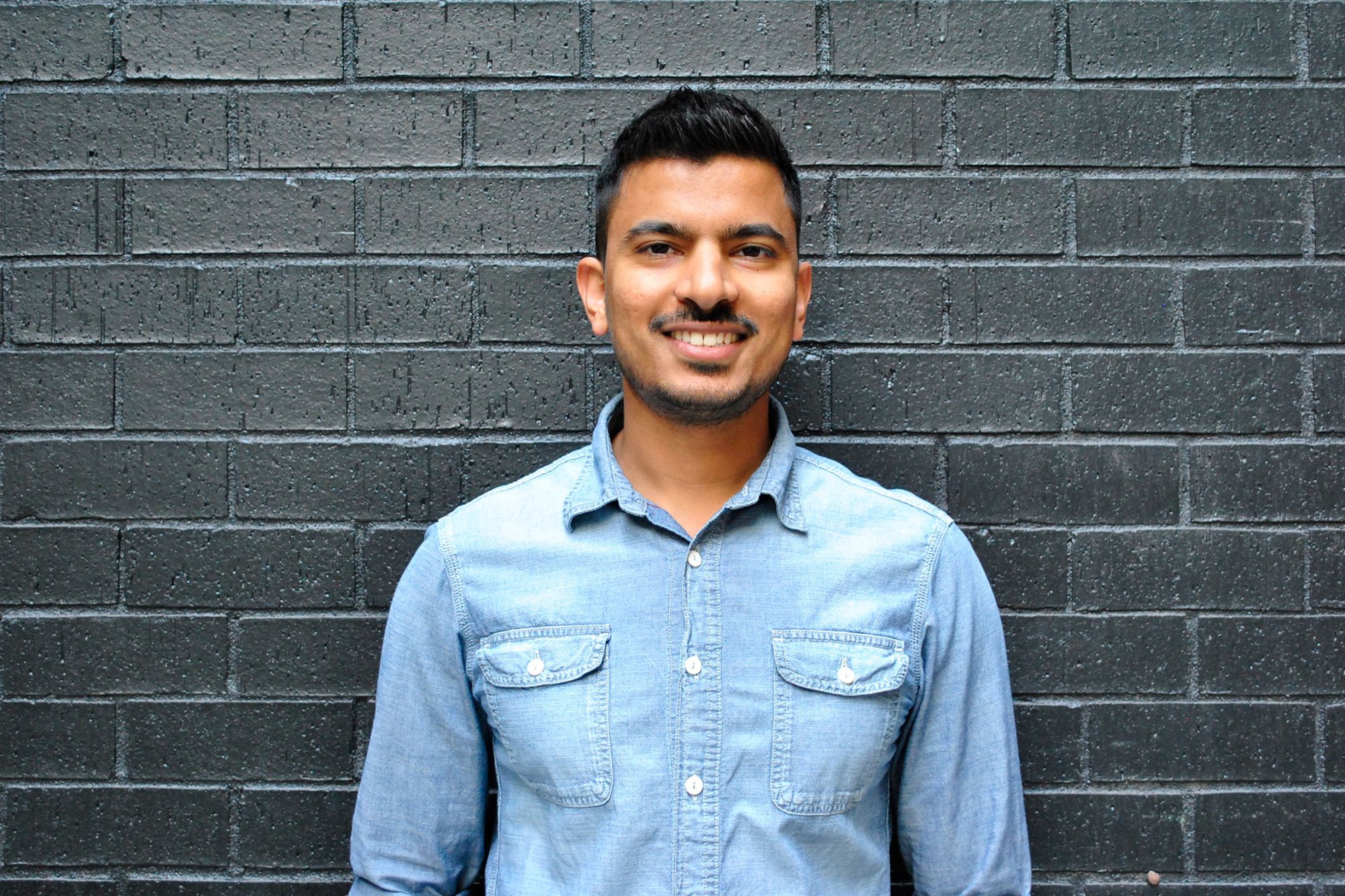Resilient, Creative, Entrepreneurial: Why MENA Millennials Are Best Placed To Navigate The COVID-19 Crisis "As entrepreneurs across the world struggle with squeezed cashflow, drastic drops in revenue, and the inability to service the debt on corporate balance sheets, the spirit of resilience of Middle Eastern entrepreneurs places them in a better position to recover from this crisis, and indeed find new opportunities as well."
Opinions expressed by Entrepreneur contributors are their own.
You're reading Entrepreneur Middle East, an international franchise of Entrepreneur Media.

In the days of tension that followed the US airstrike that killed Iran's General Soleimani earlier this year, former US Deputy National Security Adviser Kathleen McFarland said: "In the Middle East, they've been fighting for 4,000 years. It's been an ethno-sectarian battle and psychodrama, and they've been killing each other for millennia. Their normal state of condition is war."
With war having devastated Syria in the past nine years and the conflict taking on an overtly sectarian dimension across the region, it is not uncommon for observers to issue fatalistic comments along the lines of McFarland's. But, while claiming that the region's default situation is war is simply not true, the resilience of the region's population, particularly its entrepreneurs, does turn out to be a strength on the way out of the current COVID-19 crisis.
A look at the region's history reveals that people in the Middle East haven't "been killing each other" at any rate that exceeds average human levels of conflict. Yet, in recent times, the region has had to navigate through internal and external interventions that have often destabilized established political landscapes, resulting in ongoing conflict. Since 1980, the start of the so-called millennial generation, over 40 conflicts have rocked the Middle East, while the number of conflicts in Western Europe was almost non-existent during the same period. As a result, the Middle East is home to 13 million internally displaced persons (IDPs)- the largest enforced displacement of people since World War II.
This statistic, as sad as it may be, has led to one exceptionally positive trait among Middle Easterners: the understanding that life will knock you down, you win some, and you lose some. This is also often a key message taught to entrepreneurs. Therefore, as entrepreneurs across the world struggle with squeezed cashflow, drastic drops in revenue, and the inability to service the debt on corporate balance sheets, the spirit of resilience of Middle Eastern entrepreneurs places them in a better position to recover from this crisis, and indeed find new opportunities as well.
In a region that is home to the highest proportion of millennial entrepreneurs in the world (63% of the business owners surveyed by a recent HSBC Private Banking study were aged 35 or under) and has the youngest average age for entrepreneurs (26 years old), resilience and creativity will be key attributes helping leaders lead their businesses through the crisis. Furthermore, what until now has been a key challenge for MENA entrepreneurs -lack of access to bank lending– may shield them from the liquidity squeeze faced by entrepreneurs elsewhere. Indeed, while SMEs in the MENA represent about 96% of registered companies and about half of employment, they account for only 7% of total bank lending- the lowest level in the world.
Therefore, Middle Eastern entrepreneurs who do not source their liquidity through the banking system are in a better position to absorb these liquidity shocks, because they do not rely on overnight markets. Instead, they rely on government-backed initiatives that have showed their strong commitment to supporting entrepreneurs, such as the new investment vehicle launched by Saudi Arabia's Public Investment Fund (PIF) aimed at investing in venture capital and private equity funds geared towards small businesses. Other than governmental support, recent years have seen the launch of numerous incubators, accelerators, and VC funds across the MENA, with one of the region's largest private sector funds coming from Saudi Telecom's announcement of a $500 million startup fund.
As someone once said, "this too shall pass," and amid this chaos, one thing, at least, is clear: a few firms will benefit, and as such, this crisis may be a turning point for MENA entrepreneurs who can capitalize on opportunities that have presented themselves in these times.













